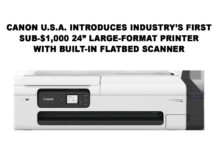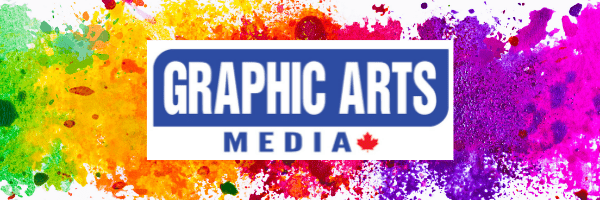 According to the Paperboard Packaging Council (PPC) and its most recent study: Trends: 2017 Industry Outlook and Market Data Report, folding carton shipments in the U.S. will grow at a 0.4% annual rate over the next five years, reaching a value of $9.6 billion. A break in rising boxboard prices should also aid folding carton manufacturers’ success in the coming years, said the industry organization. Prepared for PPC members by RISI, a provider of pulp and paper industry intelligence, the report describes how overall economic trends will affect the folding carton market in the near and far terms. With U.S. unemployment at its lowest in years, real wages rising modestly, and consumer net worth at the highest level in decades, consumer spending is expected to accelerate above 3% by 2021. “The state of the U.S. economy is far from perfect, but conditions for the consumer – those that translate most directly to demand for goods packaged in folding cartons – are clearly on the mend,” said the PPC. This positive business environment is a key factor in the study’s positive growth forecast for the next five years. Shipment growth will be healthiest in the middle of the five-year forecast, as the current business cycle is predicted to peak in 2020. An economic slowdown in 2021 will lead to flat shipment growth in the final year, it said. The total value of U.S. carton shipments is predicted to grow from an estimated $8.6 billion in 2016 to just over $9.6 billion in 2021, while average annual values per ton will increase 1.9% per year.
According to the Paperboard Packaging Council (PPC) and its most recent study: Trends: 2017 Industry Outlook and Market Data Report, folding carton shipments in the U.S. will grow at a 0.4% annual rate over the next five years, reaching a value of $9.6 billion. A break in rising boxboard prices should also aid folding carton manufacturers’ success in the coming years, said the industry organization. Prepared for PPC members by RISI, a provider of pulp and paper industry intelligence, the report describes how overall economic trends will affect the folding carton market in the near and far terms. With U.S. unemployment at its lowest in years, real wages rising modestly, and consumer net worth at the highest level in decades, consumer spending is expected to accelerate above 3% by 2021. “The state of the U.S. economy is far from perfect, but conditions for the consumer – those that translate most directly to demand for goods packaged in folding cartons – are clearly on the mend,” said the PPC. This positive business environment is a key factor in the study’s positive growth forecast for the next five years. Shipment growth will be healthiest in the middle of the five-year forecast, as the current business cycle is predicted to peak in 2020. An economic slowdown in 2021 will lead to flat shipment growth in the final year, it said. The total value of U.S. carton shipments is predicted to grow from an estimated $8.6 billion in 2016 to just over $9.6 billion in 2021, while average annual values per ton will increase 1.9% per year.
 The folding carton industry is not without its near-term challenges, PPC added. Carton shipments are forecast to drop by 0.7% in 2017, likely due to ongoing shifts in consumer spending toward fresh food and continued substitution pressure from plastics. Overseas competition will continue to challenge domestic producers during the next five years, thanks to the anticipated strength of the U.S. dollar relative to most global currencies. On the flip side, a recent break in board prices is welcome news to the industry. From 2011 to 2016, paperboard costs rose at an annual average rate of 2.2%, cutting into converters’ profitability – as the average value of folding cartons increased by just 1.3% over the same period. The recent drop in U.S. boxboard prices was likely caused by substantial new boxboard capacity in Europe, combined with an oversupply of carton board in China, said the organization.
The folding carton industry is not without its near-term challenges, PPC added. Carton shipments are forecast to drop by 0.7% in 2017, likely due to ongoing shifts in consumer spending toward fresh food and continued substitution pressure from plastics. Overseas competition will continue to challenge domestic producers during the next five years, thanks to the anticipated strength of the U.S. dollar relative to most global currencies. On the flip side, a recent break in board prices is welcome news to the industry. From 2011 to 2016, paperboard costs rose at an annual average rate of 2.2%, cutting into converters’ profitability – as the average value of folding cartons increased by just 1.3% over the same period. The recent drop in U.S. boxboard prices was likely caused by substantial new boxboard capacity in Europe, combined with an oversupply of carton board in China, said the organization.

“Trends equips leaders in the folding carton industry with the knowledge they need to prosper in the changing marketplace,” said Ben Markens, PPC President. “Should they make an offensive move? Should they ramp up their defense? Trends helps them figure it all out.” In addition to forecasts for the overall folding carton market, Trends also analyzes 17 end-use segments – including confectionery, dairy, dry foods, cosmetics, pharmaceuticals and recreational products. This year, four categories were classified as growing markets, six as mature and seven as declining. PPC members can download the Trends Report at www.paperbox.org/publications. A free summary is also available for non-members.





